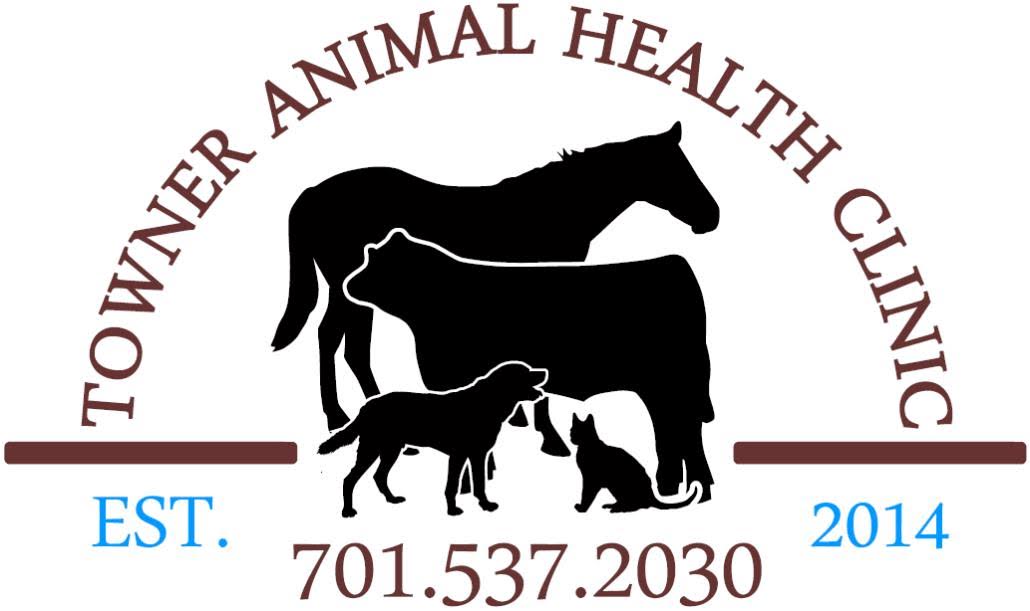Library
-
Doxycycline is an antibiotic given by mouth in the form of a tablet, capsule, or liquid, used off label to treat certain infections. Common side effects include stomach upset, sun sensitivity, and increases in liver enzymes. Serious side effects include liver failure, seizures, and trouble swallowing. Do not use in pregnant pets and use cautiously in pets with liver disease or in young pets. If a negative reaction occurs, please call your veterinary office.
-
A fecal occult blood test screens for the presence of hemoglobin (a component of red blood cells) in a fecal sample. Many conditions can cause blood to appear in the stool including intestinal ulceration, neoplasia, dental disease, and parasites.
-
Occasionally, cats’ teeth do not erupt in the right location, resulting in pain and poor function. Treatment options include orthodontic appliances to move the teeth, extraction, or crown amputation with restoration. Many veterinarians are comfortable delivering orthodontic care for cats. Your veterinarian may seek the advice of a board-certified veterinary dental specialist for advice or referral.
-
Cats can have misalignment of the teeth much like people. In people, orthodontic care can be used to perfect a pleasing smile or create a functional bite. In cats, the goal is to make the mouth functional and pain free. Often, this involves moving, reducing the height of teeth, or extracting teeth.
-
During exploration and play, cats and kittens may manipulate and chew on a variety of objects. This behavior can be easily treated, but if ignored, can cause property damage and put a cat's safety in jeopardy. Another potentially dangerous oral behavior is sucking fabric. Any cat that excessively chews or sucks objects should have a thorough medical and behavioral work-up to determine the underlying cause.
-
Gingivitis refers to inflammation of the gums. Stomatitis may involve the gums, tongue, inner surfaces of the lips, and/or the floor and roof of the mouth. Gingivitis may be caused by a bacterial infection from plaque on the teeth and is usually associated with poor oral hygiene. It can lead to more severe periodontal disease and tooth loss. Diagnosis and treatment are discussed. The prognosis for stomatitis varies depending on the pet, and tooth extractions may be required. A consistent homecare program and regular evaluation by your veterinarian will improve your cat's prognosis.
-
Chronic bronchitis is a long-term inflammatory condition that affects the pulmonary or respiratory system. This condition is irreversible and is slowly progressive. This article discusses how the condition is diagnosed as well as treatments to slow the progression of the disease.
-
There are several reasons why your cat might be a picky eater. It’s important to first rule out an underlying medical condition. Picky eaters can be created by their humans offering too much variety of food or can result from cats being overfed treats and snacks. Homemade diets can be an option, but come with several limitations that need to be carefully considered. Other approaches are outlined.
-
Chronic upper respiratory tract disease in cats results from inflammation of any part of the upper respiratory tract. Many conditions contribute to this. Treatment is based on the underlying cause.
-
Platelet-rich plasma or PRP is a form of regenerative medicine where the platelet and protein components of blood are retrieved from a patient and then injected back into the patient at the site of inflammation. PRP contains growth factors that appear to promote tissue regeneration and reduce inflammation. The procedure is not yet widely available and should only be performed by a veterinarian with specialized equipment and special training in this area.

